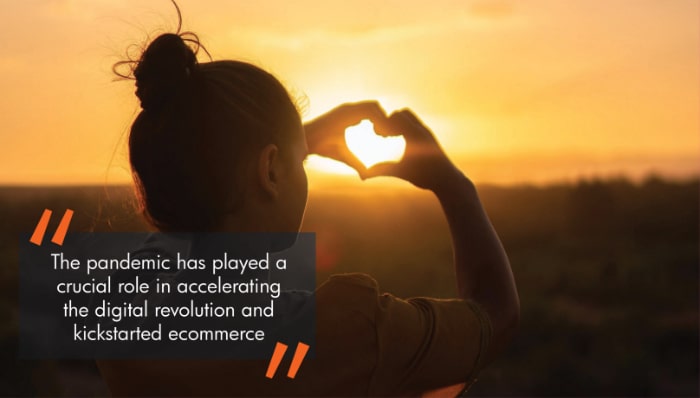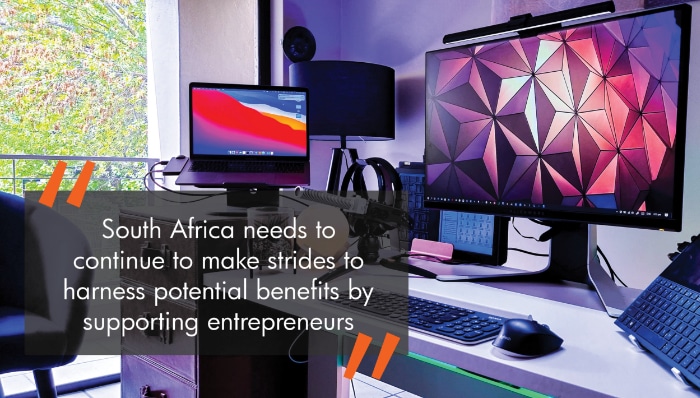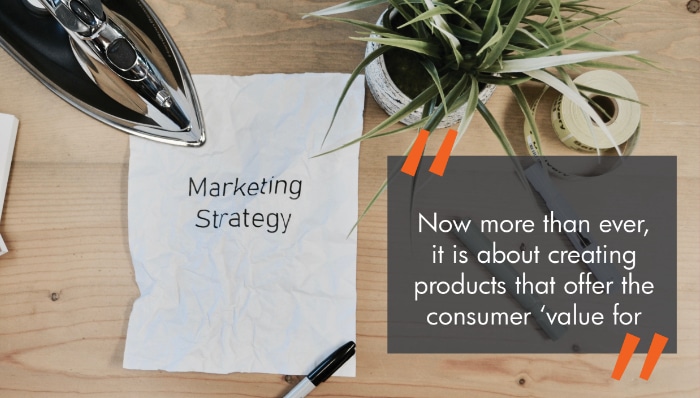Journal of Strategic Marketing Newsletter – August 2021
Journal of Strategic Marketing Newsletter – August 2021
Gartner’s annual CMO Spend Survey shows devastating decline in budgets
The annual Gartner CMO Spend Survey shows that marketing budgets have fallen to their lowest recorded level. The results of the survey reveal budgets dropped to 6.4% of company revenue in 2021 from 11% in 2020. Four hundred CMO and marketing leaders from North America, the UK, France and Germany were surveyed from March 2021 through May 2021. The research tracked critical areas marketers are investing in and where cuts are being made from people, programmes and technologies. Ewan McIntyre, co-chief of research and vice president analyst in the Gartner for Marketers practice said most CMOs had expected budgets to bounce back in 2021. “This budgetary optimism was misplaced, as marketing budgets have fallen to their lowest level in the history of Gartner’s CMO Spend Survey,” he said. “However, these cuts have been a slow burn over the course of the last year, where many marketing budgets have not recovered what was originally lost.” Gartner reported that no industry achieved a double-digit budget in 2021 but that consumer products and goods companies reported the strongest 2021 marketing budgets at 8.3% of company revenue. Large enterprises were hardest hit with the lowest average marketing budget of just 5.7%. Companies with revenue of under $500 million reported the highest allocation with an average budget of 8.6% of revenue.
EF-Active sets sights on new markets in Africa
Strategic marketer and EF-Active founder and CEO, Salil Dhingra, is already exporting his hygiene products into Africa, establishing a presence in Mauritius, Ghana, Botswana, Zimbabwe and Mozambique. EF-Active’s entire product line has been endorsed and regulated by the Department of Trade, Industry and Competition in South Africa. “The countries we are exporting to now do not offer manufacturing opportunities, so we are merely responding to the need to import a decent, reliable product, which we can do and successfully cater to their demands,” Dhingra said. Angola and Nigeria are the next two territories where EF-Active anticipates landing and serving the broader population with their key products.
DMA of SA launches online compliance took-kit
The Direct Marketing Association of SA has created a handy online tool-kit that enables members to build and maintain their own compliance framework. This is required in terms of Regulation 4 of the Protection of Personal Information Act (POPIA). “The Data Protection Compliance Programme is helping to ensure our members convert good intentions around privacy to actual POPIA compliance,” said CEO David Dickens. In addition to the online POPI Act risk assessment tool-kit, the DPCP also offers online training opportunities and enables the automated generation of necessary compliance documentation.
The way the cookie is crumbling
Google might be delaying the complete phasing out of third party cookies to then end of 2023, but marketers still have to prepare for a cookie-free world. WARC is running a series on Future of Identity looking into this scenario. RSquared Global Ventures’ Ranga Somanathan, writing on marketing imperatives for a cookieless world, said: “The shift in focus from third-party to first-party cookies, embracing contextual advertising, and building robust CRM will be key imperatives for the marketing renaissance and bring the advertising world back from a marketing dystopia.” Strong stuff.
IMM Graduate School graduates now qualify for CIM accreditation
IMM Graduate School graduates in various marketing programmes now have the opportunity to get an international accreditation from Chartered Institute of Marketing (CIM) by getting recognition for their IMM degree and completing a module from sister brand, The Oxford Professional Education group (OXPEG). The CIM is a leading professional body for marketers worldwide and exists to develop the marketing profession, maintain professional standards and improve the skills of marketing practitioners. IMM Graduate School students will therefore have the opportunity to gain professional qualifications through the CIM Graduate Gateway. CIM qualifications are highly sought after by employers, and their content is reflected in the IMM Graduate School’s own degrees, which ensure students are equipped with the best opportunities for a successful marketing career.




